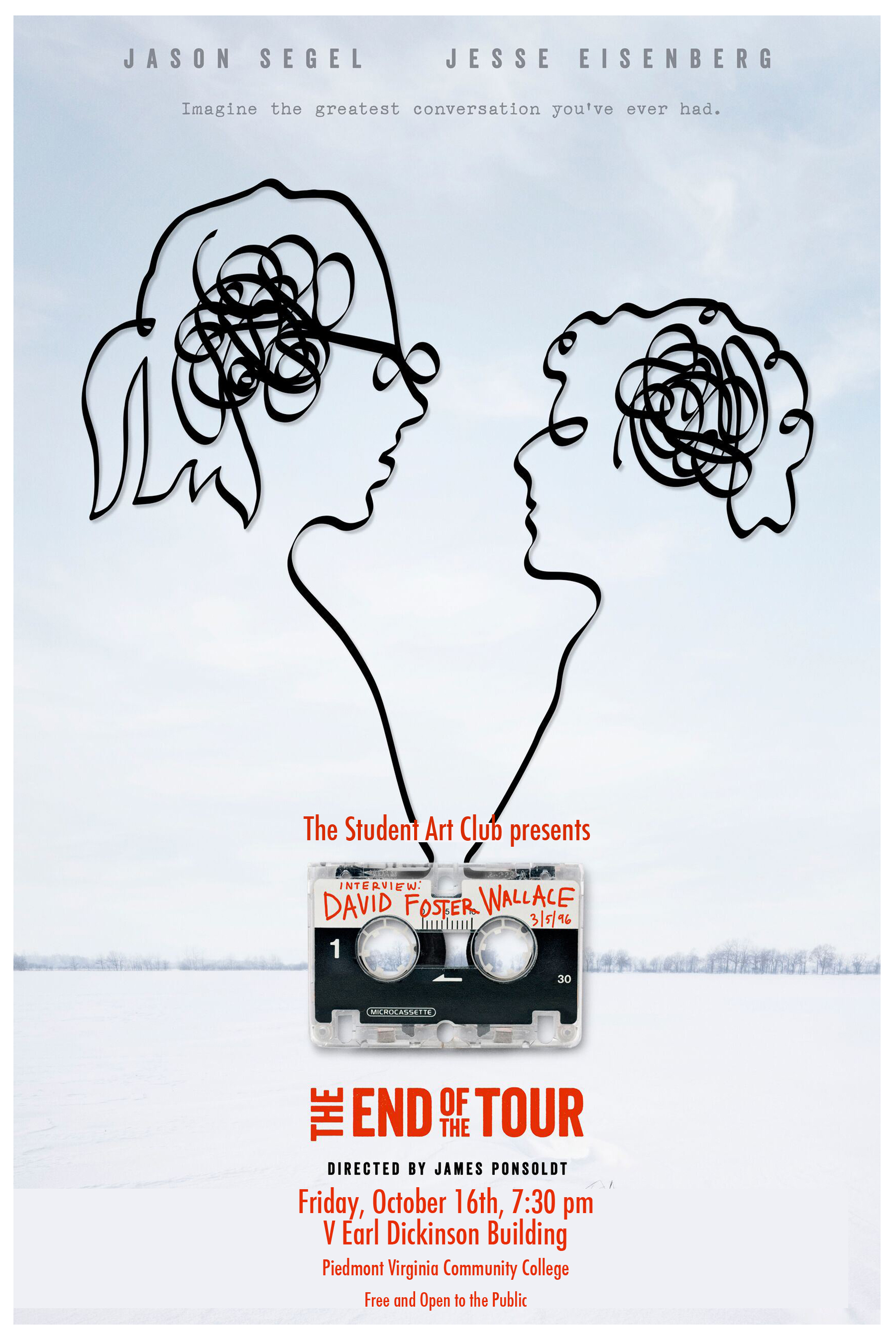
Both Kenough: Why “Barbie” is equally pro men and women
SPOILER WARNING: Contains plot spoilers for the movie Barbie
CONTENT WARNING: Discussion of suicide
Due to the popularization of streaming services and the recent coronavirus pandemic, it is difficult for movies to pack a theater. It is a challenge for them to even fill a couple rows. But a few weeks ago, when my friends and I went to see Barbie, we sat in a sold-out cinema. The film started at 5 p.m., and we waited in line starting at 4:30 p.m. and missed the previews. We were joined by equally excited girls and women of all ages who had donned their head-to-toe pink attire for a celebration of girlhood. However, except for the few dads and brothers, there were hardly any male viewers.
It is no secret that Barbie was a film marketed to and made for women. Little girls are pulled in by the pink and glittery aesthetic as well as learning the backstory of their favorite toy. While the same can be true for women, they are able to grasp the deeper topics throughout the film—frank discussions on feminism set in a cotton candy wonderland which are easy to swallow for all ages. It also has a relatability that attracts female viewers. I cannot count on two hands the amount of times the exact exchange of having a man explain to me how to use the select tool on Photoshop has happened to me.
Although the film champions women in unique ways, it also acknowledges the struggles that men face due to the patriarchy. Throughout the film, both Barbie and Ken go through changes driven by self-discovery and the establishment of self-reliance. Ken begins the film with his entire life centered around Barbie and her approval. Every choice he makes hangs on the question, “Will this make Barbie like me more?” As the story progresses, and Barbie’s lack of romantic feelings towards Ken becomes more apparent, his resentment towards her has dire consequences that affect all of the Barbies and Kens. Finally, as she rejects him one last time, Ken attempts to take his own life. As Barbie talks him down, she tells him that he needs to be able to make his own happiness and strive only for his own approval.
This message about not giving someone else the power to sculpt your self-image is important for everyone to learn. But Ken’s lack of emotion and eventual breakdown are specifically vital for men. Toxic masculinity in all cultures is having detrimental impacts on our own world.
According to the American Foundation for Suicide Prevention, most people who choose to commit are middle-aged white men. Additionally, the rate of suicide among men is 3.9 times more than women. The stigma around getting help for mental illness, or just general stress, is apparent for everyone, but it is especially strong for men.
Ken’s song “I’m Just Ken” dives deep into his struggle between his overwhelming emotions towards and about Barbie. He sings, “Is it a crime? Am I not hot when I’m in my feelings?” In order to keep what little affection from Barbie he feels he has, he must be the strong, masculine man that he believes she wants. “Is it my destiny to live and die a life of blonde fragility?” This line is especially important because it explains the shame that men feel when talking about their emotional issues. Feeling not good enough for Barbie, feeling upset that she does not reciprocate his affection, all led to feelings of shame. For women, although not always in a positive way, showing emotion is normal. For men, it is a sign of weakness that should never be shown.
At the end of the song, Ken and the rest of Kens unify and stop their fight over the Barbies’ attention. They hold hands and sing, “I’m just Ken (and I’m enough). And I’m great at doing stuff… Put that manly hand in mine. So, hey, world check me out, yeah I’m just Ken.” Not only do the Kens resolve their conflict, they are proud to do so. “That manly hand in mine,” is a crucial line because it shows that men can show their emotions as well as discuss them with others, and still be masculine. Ken, just by himself, is enough. He does not need Barbie to let him live another day, he can give himself the permission that he needs. Both lessons of self-reliance and showing emotion could lead to a lower male suicide rate. Barbie depicts both of these and may just be one of the components that could lead to a better tomorrow for all genders.






